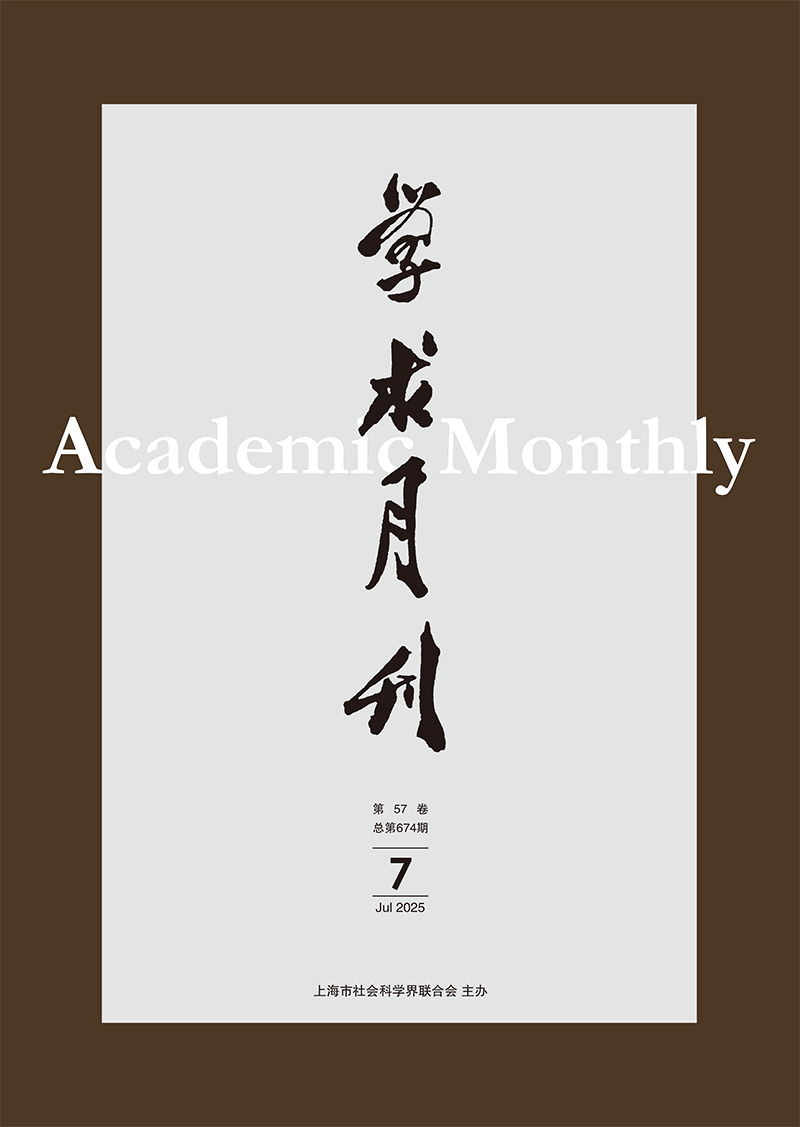How to Choose the Development of Artificial Intelligence: “Dispelling Charm”, “Returning to Charm” or “Imitating Charm”
Abstract: The development of Artificial Intelligence (AI) can be roughly divided into weak AI (specialized AI) and strong AI (embodied or AGI), and there seems to be a lack of intermediate forms or stages. From the perspective of “charm” or “phantom”, AI can be categorized into three forms or stages, namely, “dispelling charm”, “returning to charm” and “imitating charm” stages. The “AI that dispelling charm” refers to “mindless” machine intelligence, purely demonstrating instrumental rationality; the “AI that returning to charm” refers to “mindful” machine consciousness systems, aiming at realizing a general intelligence with embodied mind; “AI that imitating charm” or anthropomorphic AI is an “intermediate state” between “mindless” and “mindful”, aiming at manifesting interactive consciousness and accomplishing a variety of cognitive tasks. This division is conducive to the healthy development of the new generation of AI, which not only avoids the “interpretation gap” between two kinds of intelligence due to evolution, but also avoids technical barriers and ethical dilemmas.



 沪公网安备 31010102003103号
沪公网安备 31010102003103号 DownLoad:
DownLoad: